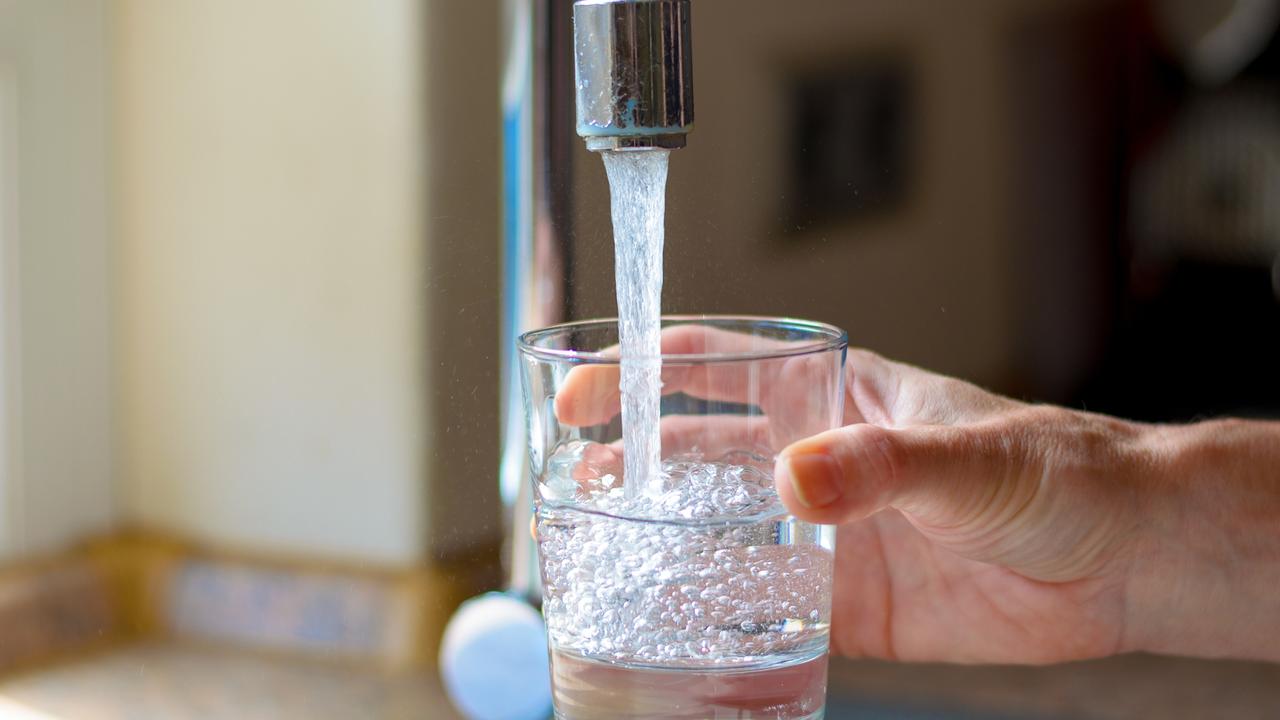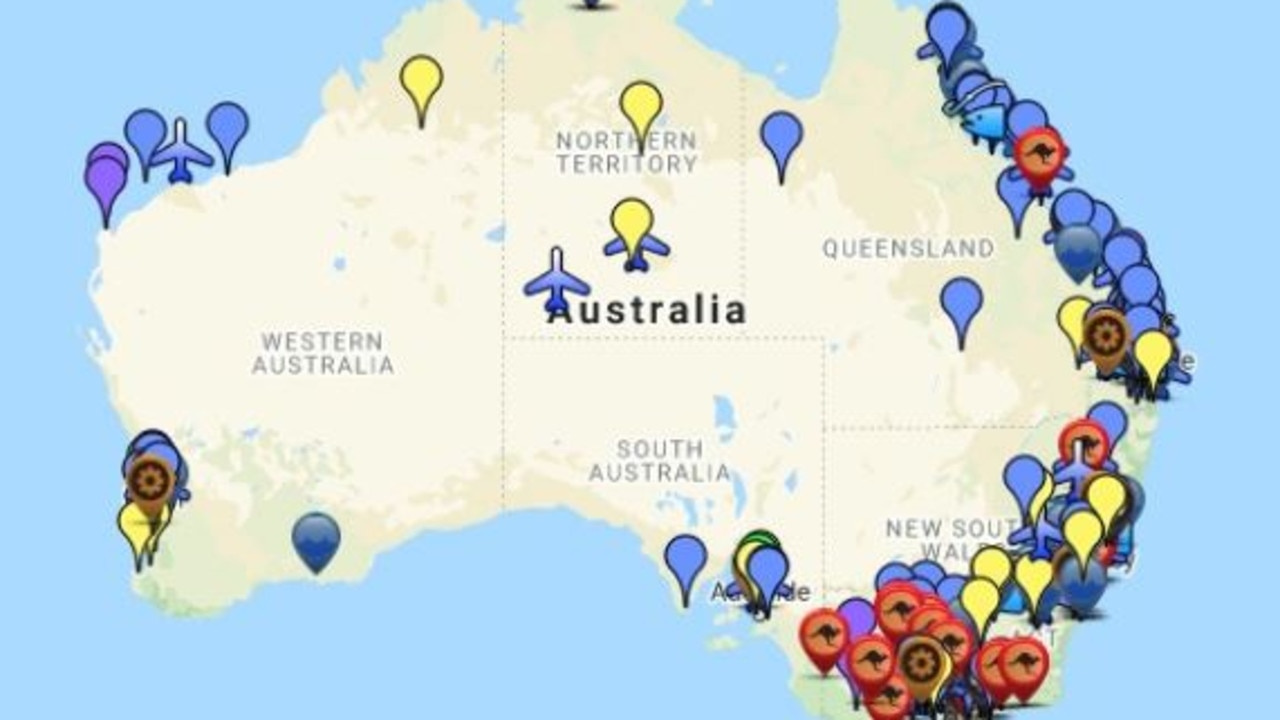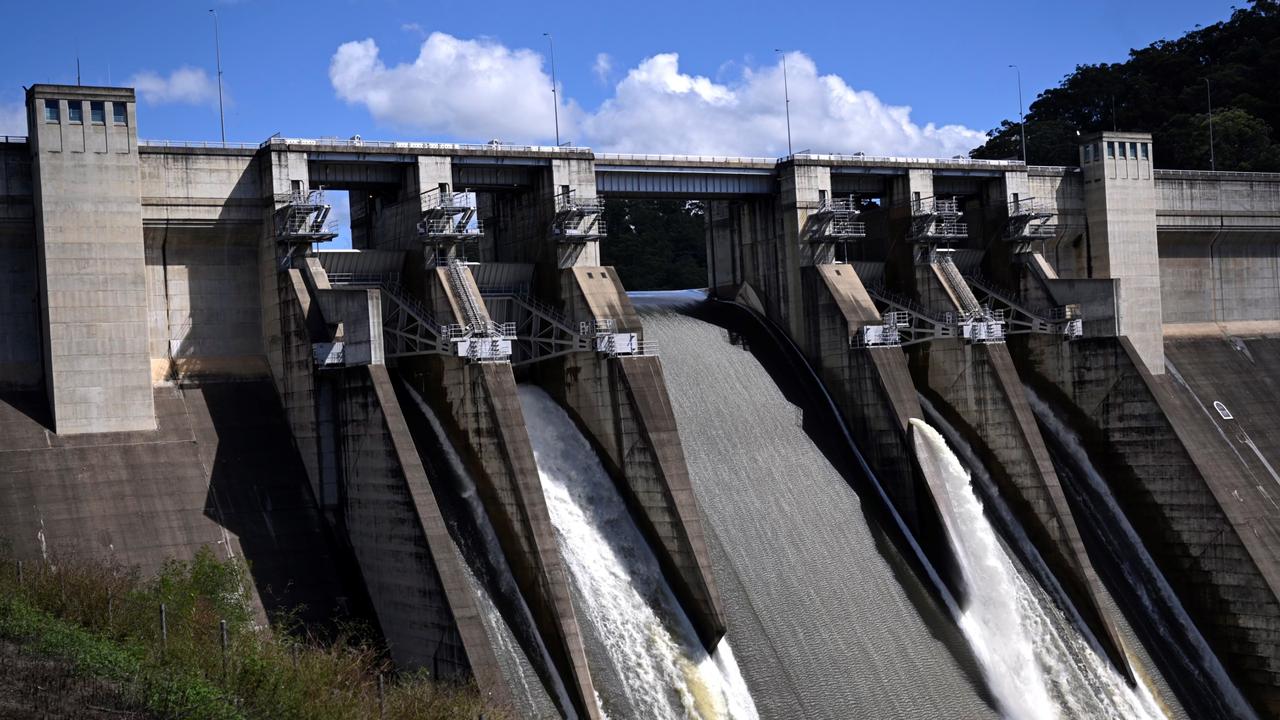Disturbing cancer-linked ‘forever chemicals’ found in drinking water
A report has been quietly released online by a major water company, and it makes very worrying reading for millions of Australians.
“Forever chemicals” linked to cancer have been detected in several drinking catchments which serve millions of Australians — at levels deemed unacceptable in other parts of the world.
Sydney Water confirmed for the first time on its website that PFAS chemicals were detected in June at low levels in key water filtration plants, including Warragamba, Prospect Reservoir and Orchard Hills.
Orchard Hills serves roughly 200,000 people in greater Penrith, including St Marys, Emu Plains and the Lower Blue Mountains.
The Prospect Reservoir is used as one of three main supplies for Prospect Water Filtration Plant, supplying 80 per cent of Greater Sydney’s drinking water to four million people.
Concerningly, PFAS chemicals were also detected in higher levels at the Cascade Dam in the Blue Mountains and North Richmond, 70km northwest of the CBD.
Sydney Water’s monitoring in the catchment found no detectable levels of PFAS in water filtration plants in Macarthur, Nepean, the Illawarra or the Woronora River.
The chemicals were detected at a level that meets Australian Drinking Water Guidelines (ADWG) but are over what the United States now deems safe to drink.
Analysis by The Sydney Morning Herald showed the chemicals were found in the drinking water of up to 1.8 million Australians since 2010, including in Canberra, Queensland, parts of Sydney, Newcastle and Victoria.
Know more? Email benjamin.graham@news.com.au

Those particular chemicals are “forever chemical” pollutants; perfluorooctane sulfonate (PFOS) and perfluorooctanoic acid (PFOA), which have been linked to cancers in young people and firefighters.
The chemicals became ubiquitous since development in the 1940s, making jackets waterproof, carpets stain-resistant, frying pans non-stick and were used in firefighting foam.
Ian Wright, a water pollution expert at the University of Western Sydney, told the Herald: “I expect that these results will be quite confronting to many people.“This also contradicts statements made by the authorities that there is no PFAS risk in the catchment. Without any doubt, further regular testing is needed and needs to be publicly reported.”
In 2023, manufacturing multinational 3M reached a $10.3bn settlement with US public water bodies in the face of more than 4000 lawsuits filed against 3M and other chemical companies.
They are forever chemicals because in effect they do not break down and accumulate in the human body.

The World Health Organisation deems PFOA as carcinogenic to humans and PFOS as possibly carcinogenic to humans and connected the forever chemicals to increased cholesterol, immune system suppression, hormone interference and developmental issues in children.
A Sydney Morning Herald report in June exposed a gap in Australia-wide testing for these chemicals, as the last widespread study came in 2011.
University of Queensland research found the chemicals in about half of its samples taken from cities and regions.
This year the US government slashed its maximum limits of PFOA and PFOS in drinking water to four parts per trillion.

Australia’s bar is set at 560 parts per trillion for PFOA and 70 parts per trillion for PFOS.
Publicly available data shows since 2010 drinking water in the Sydney suburbs of Blacktown, Campbeltown, Emu Plains, Liverpool, North Richmond and Quakers Hill have had the chemicals, the Herald reports.
The chemicals were also found in tap water in Canberra, Footscray in Melbourne, Adelaide, the regional Queensland cities of Cairns and Gladstone, Kingborough in Hobart, and Darwin.
NSW Premier Chris Minns said the US had changed its water tolerance, and his state was examining those changes.
“I just want to make the point, particularly for Sydney metropolitan area, we’ve got a defined area in terms of our catchment for Sydney’s water, and as a result it’s generally regarded as very good when it comes to contaminants and the drinkability,” he said.
“I wouldn’t jump the gun, obviously we’re examining those US studies and want to apply the best practice … but the latest advice I have is Sydney’s water is good.”
Sydney Water spokeswoman told news.com.au: “Sydney Water is required to meet the Australian Drinking Water Guidelines (ADWG), and all samples tested are well below these guidelines.
“Monitoring of drinking water uses a risk-based approach, and Sydney Water regularly tests for PFAS, including monthly monitoring, in potentially impacted areas.
“There is regular consultation between Sydney Water, WaterNSW and NSW Health to assess any potential risk of PFAS or any other contaminant to Sydney’s drinking supply.”
— with NCA NewsWire






